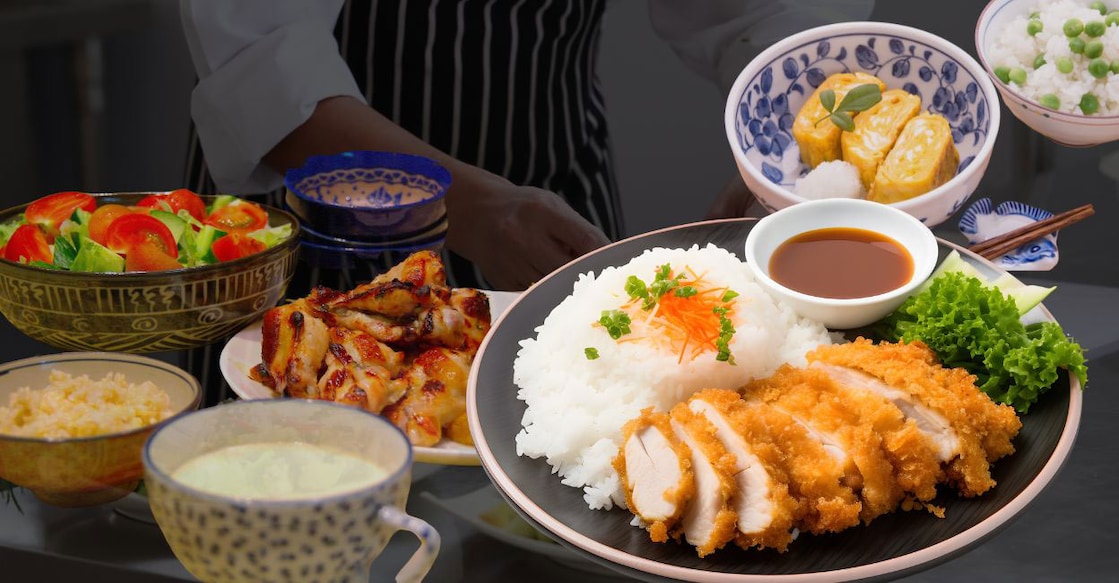Japanese prisoners eat better food than you: A look inside Japan's prison cuisine

Mail This Article
A recent video has sparked interest by showcasing the surprisingly high-quality meals served to Japanese prisoners. Contrary to common perceptions of prison food, which often conjures images of bland, unappetizing fare, Japan's correctional facilities offer nutritious and well-prepared dishes that could rival those of everyday citizens.
Balanced and nutritious meals
In Japan, the approach to prison meals emphasizes nutrition and balance. Meals typically include a variety of vegetables, protein sources like fish or meat, and staple foods such as rice or noodles. This focus on balanced diets ensures that prisoners receive the necessary nutrients to maintain their health. The meals are carefully planned and often reflect traditional Japanese cuisine, incorporating ingredients that are both wholesome and familiar to the prisoners.
The high quality of prison food in Japan can be attributed to the cultural emphasis on respect and rehabilitation. The Japanese correctional system views providing good food as a way to treat prisoners with dignity and support their rehabilitation process. By ensuring that inmates have access to healthy and satisfying meals, the system aims to promote better physical and mental health, which can aid in their reintegration into society upon release.
The revelation about the quality of food in Japanese prisons has led many to compare it with the food served in prisons in other countries. In many places, prison food is notoriously poor, often lacking in both taste and nutritional value. This stark contrast has prompted discussions about prison reform and the importance of providing humane conditions for inmates, regardless of their crimes.
Low crime rates
Japan is generally considered to have low crime rates compared to many other countries. Despite the recent increases in crime rates, Japan remains one of the safer nations globally. While there has been a rise in certain crimes like cybercrimes and domestic violence, serious crimes such as murder and robbery are relatively rare. The low crime rates are often attributed to strong social cohesion, effective law enforcement, and a cultural emphasis on respect and harmony.

